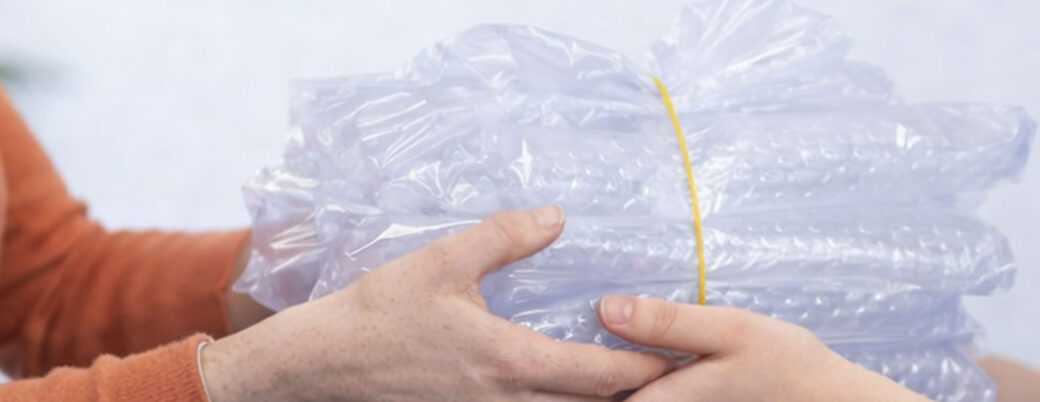Environment Bill faces further delays
Following an announcement this week, the Environment Bill will now be carried over to the “next parliamentary session”, sometime after April of this year. The 2019-2021 Environment Bill was reintroduced into parliament in December 2019, this was a re-introduction of the Environment Bill from the previous parliamentary session. Following delays from the covid-19 pandemic, the general election and Brexit, the consultations on these measures are now being reviewed by government before formal consultations at the end of March, with an expected delay of six months across implementation.
Packaging Legislation: Consultations expected this spring
The UK government’s Resources and Waste Strategy will continue to move forward, with changes to legislation expected by 2024.
In January 2018, Theresa May set out the government’s 25-year Environment Plan which is supported by the UK Resources and Waste Strategy. This sets out how the ambitions of the Environment Plan will be realised and has been followed up with a raft of proposals aimed at achieving higher recycling rates, increased resource efficiency and the move towards a more circular economy.
The changes will cover:
1. Extended Producer Responsibility (EPR) for packaging
2. Consistency in recycling collections
3. Deposit return scheme (DRS) for drinks packaging in England
It is expected that the second round of consultations on these proposals will take place in spring 2021.
It will be essential for packaging producers to respond to this final round of consultations for Extended Producer Responsibility to have the opportunity to influence the future of packaging compliance. From a change to the de minimis, modulated fees and a single point of compliance, the proposed changes will affect the cost of compliance for obligated businesses, potentially by ten times as much as you currently pay.
We urge all packaging producers to read the consultation when released and respond to any questions that will affect their business in order to have the best opportunity for their views and interests to be heard and considered. This is important even where a business is represented by an industry group that will be responding on your behalf.
We will be providing support to our members who are unsure of how to respond, providing guidance once the consultation has been released.
If you wish to know more about EPR and how this could affect packaging compliance join our webinar on Wednesday 3rd February at 11:00am, with Head of Packaging, Martin Trigg-Knight and Policy and Engagement Lead, Charlotte Briggs.



